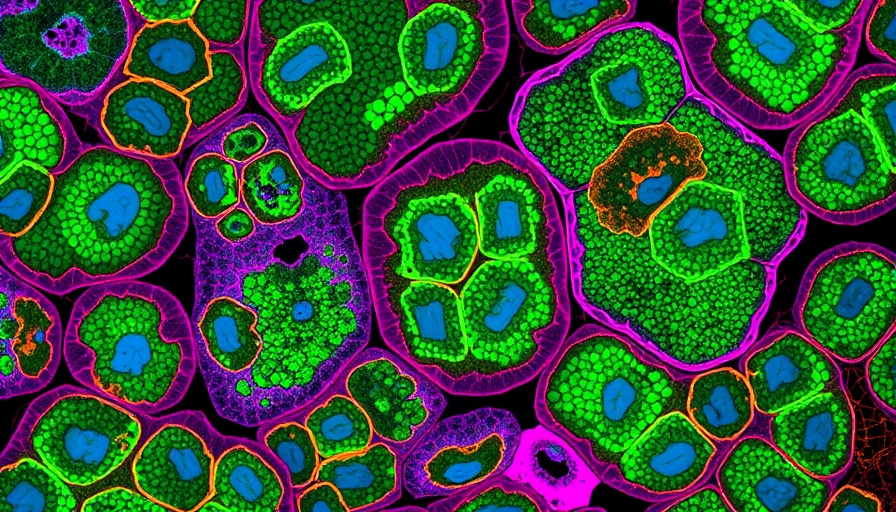
Groundbreaking Development in Breast Cancer Treatment
The German Cancer Research Center, in collaboration with the Heidelberg Stem Cell Institute and NCT Heidelberg, has accomplished a significant milestone that could transform breast cancer treatment. They have successfully cultivated stable mini-tumors, or tumor organoids, from circulating tumor cells (CTCs) found in the blood of breast cancer patients. For health practitioners, this breakthrough represents a meaningful advancement in understanding and combating therapy resistance in metastatic breast cancer.
The Science Behind Mini-Tumors
CTCs play a critical role in the metastasis of breast cancer, moving through the bloodstream to initiate new tumor growth in various organs. Despite their importance, these cells are difficult to isolate and multiply for research purposes. Until now, the process required propagation in immunodeficient mice, which was complex and time-consuming. The new ability to grow tumor organoids directly impacts our understanding of the fundamental signaling pathways that enable these cells to resist therapy, providing fresh insights into potential targeted treatments.
Unique Benefits for Medical Practices
For concierge health practitioners, staying informed on such advancements is crucial. Understanding how to counteract the survival mechanisms of CTCs can lead to more effective treatment plans, potentially preventing the progression of breast cancer at the metastatic stage. This knowledge empowers medical providers to enhance patient outcomes by integrating the latest research findings into their practice, keeping them at the forefront of cancer treatment strategies.
Relevance to Current Medical Trends
This development comes at a time when precision medicine is rapidly evolving, promising tailored treatment plans based on individual patient biology. The cultivation of mini-tumors is a step closer to creating personalized therapies that can anticipate and counteract drug resistance, an issue that has perennially challenged oncologists. Being able to directly study these rare CTCs and decipher the pathways of resistance underscores a new era of cancer research, where predicting and preventing metastasis becomes increasingly viable.
 Add Row
Add Row  Add
Add 






Write A Comment